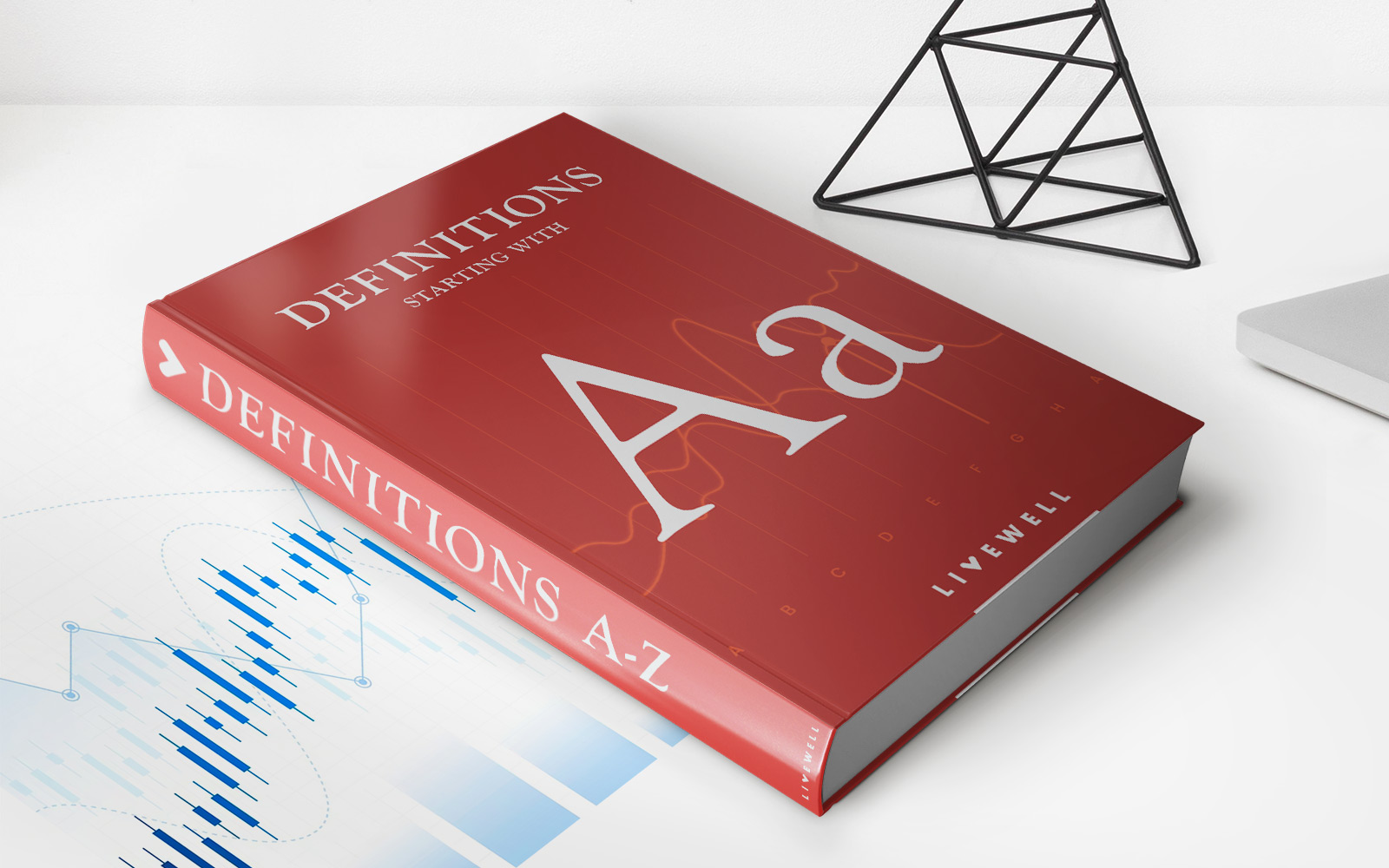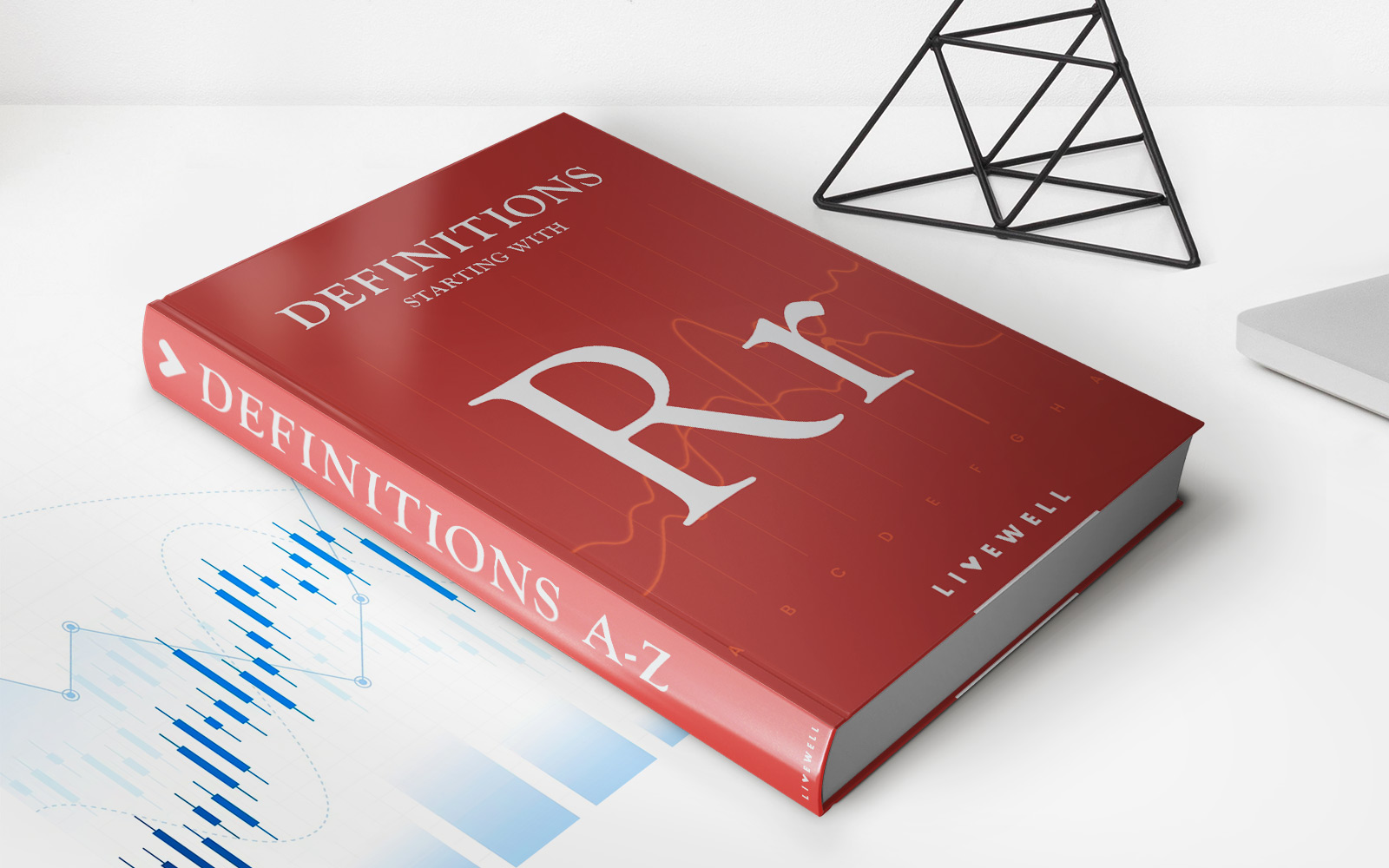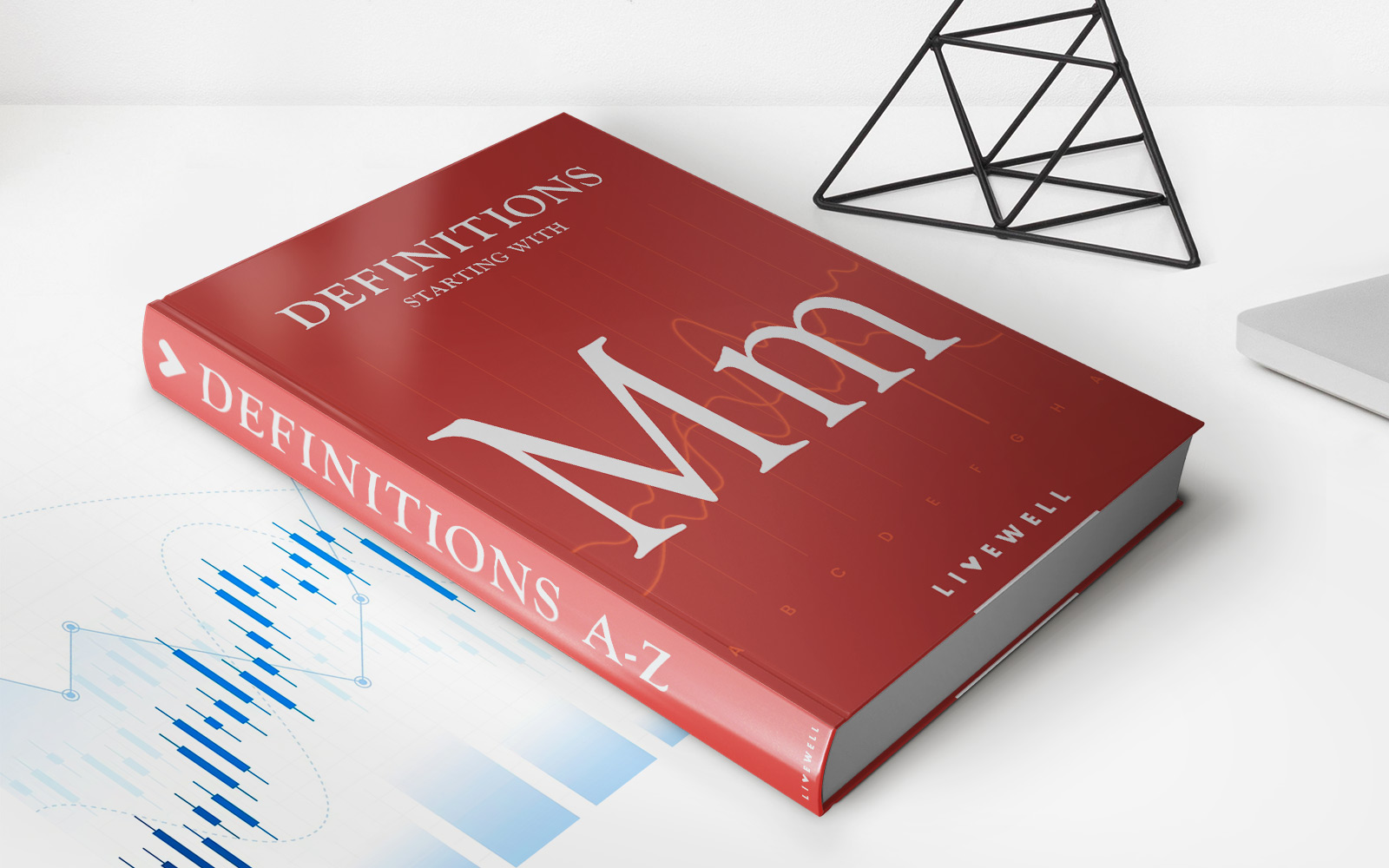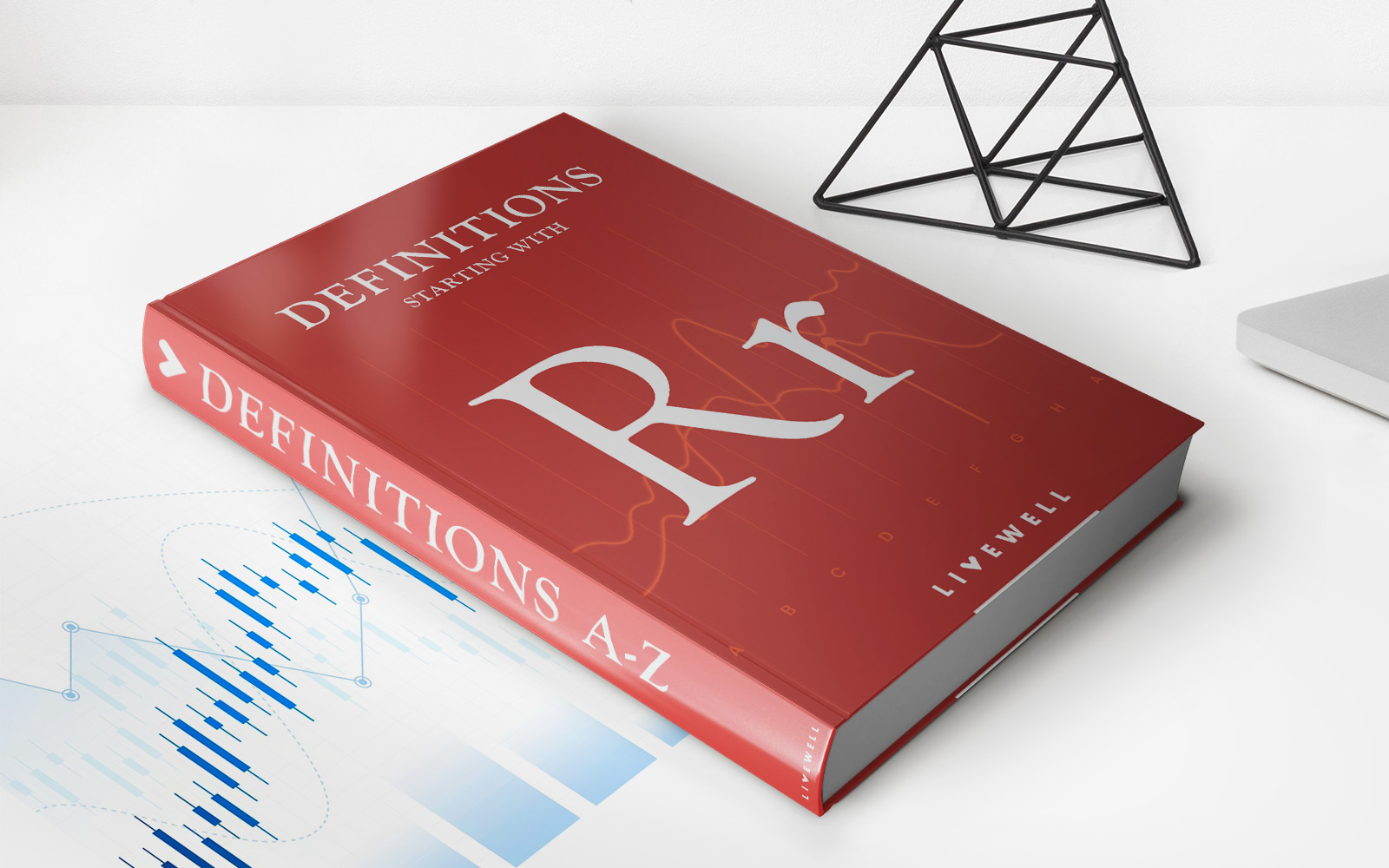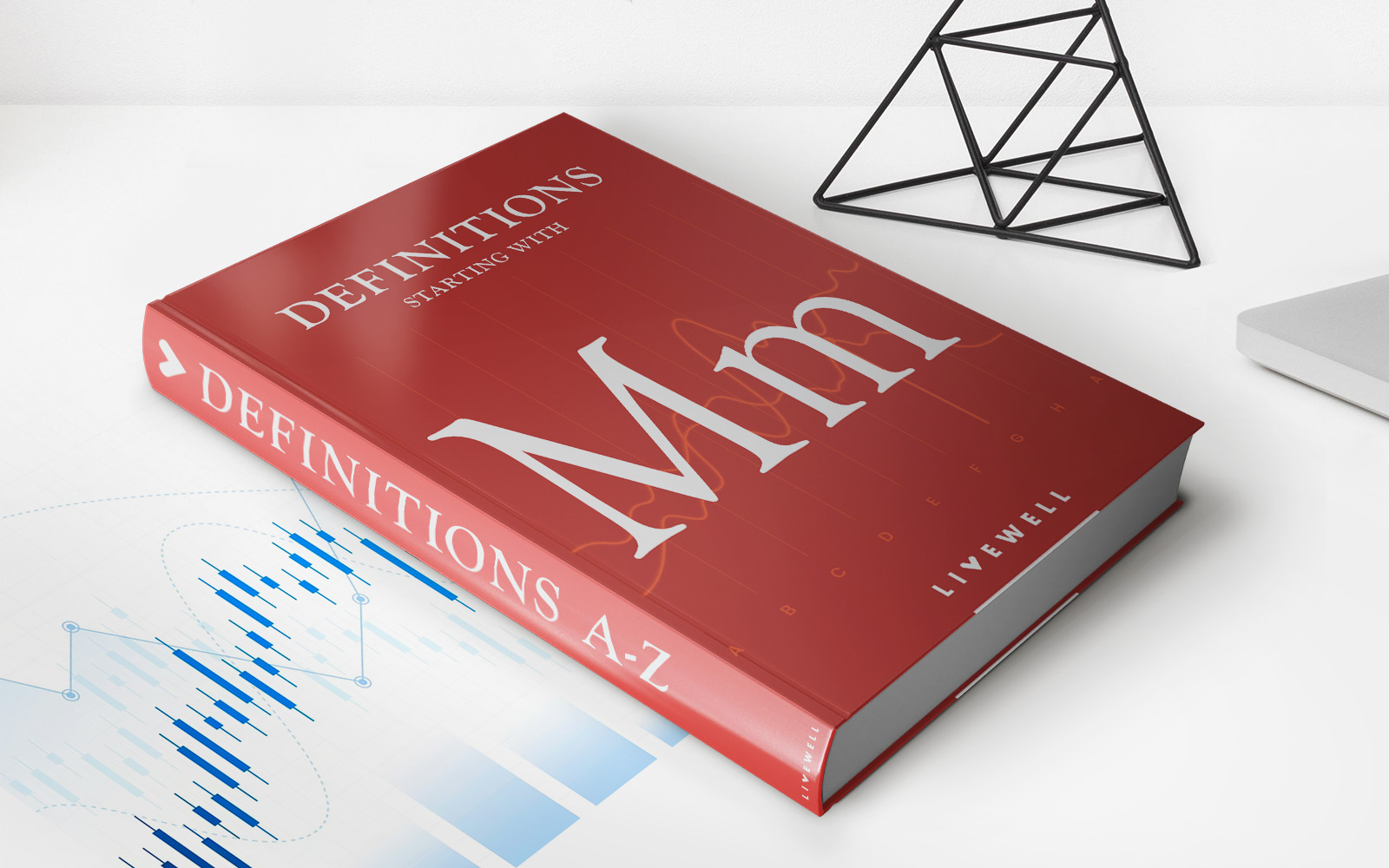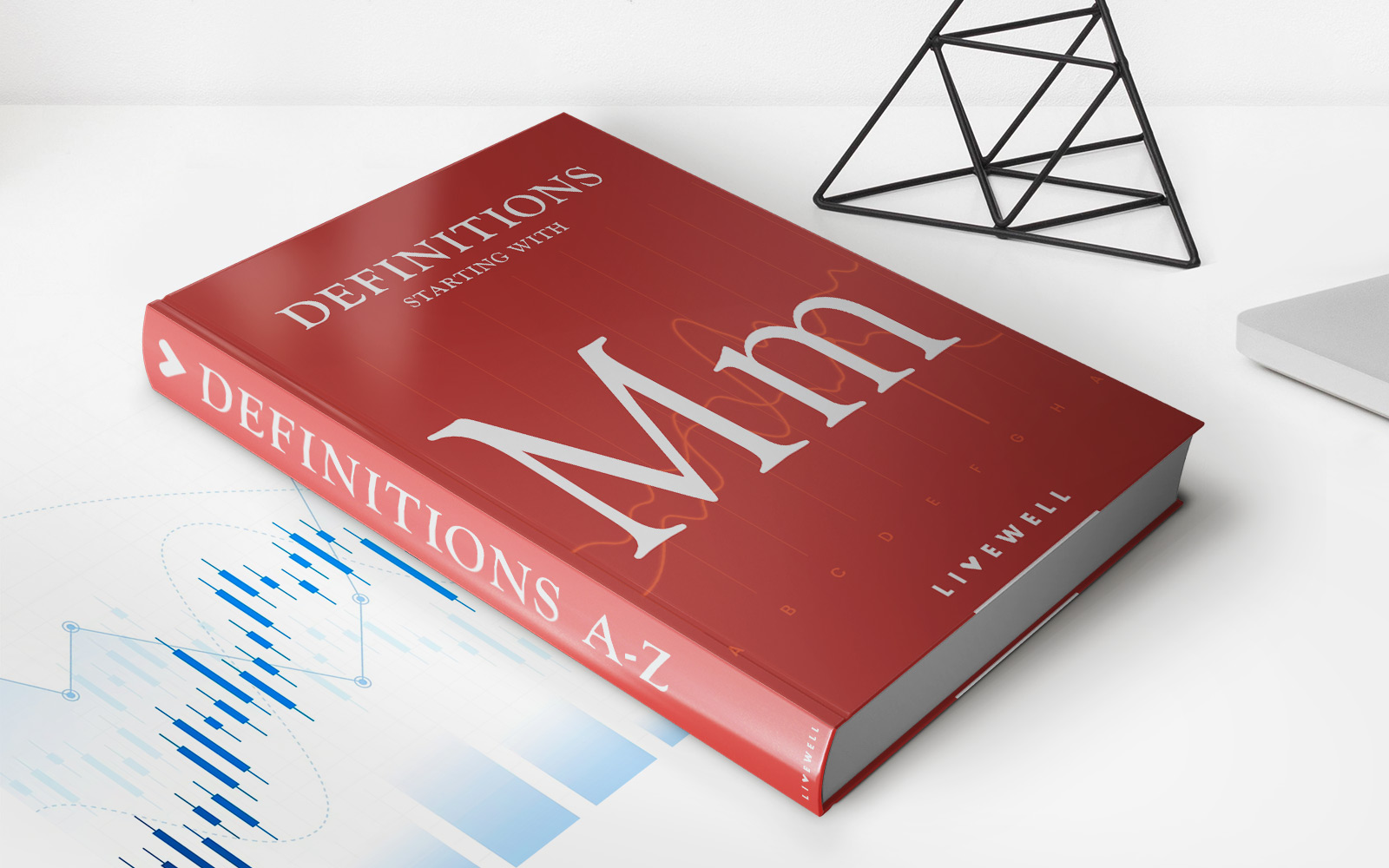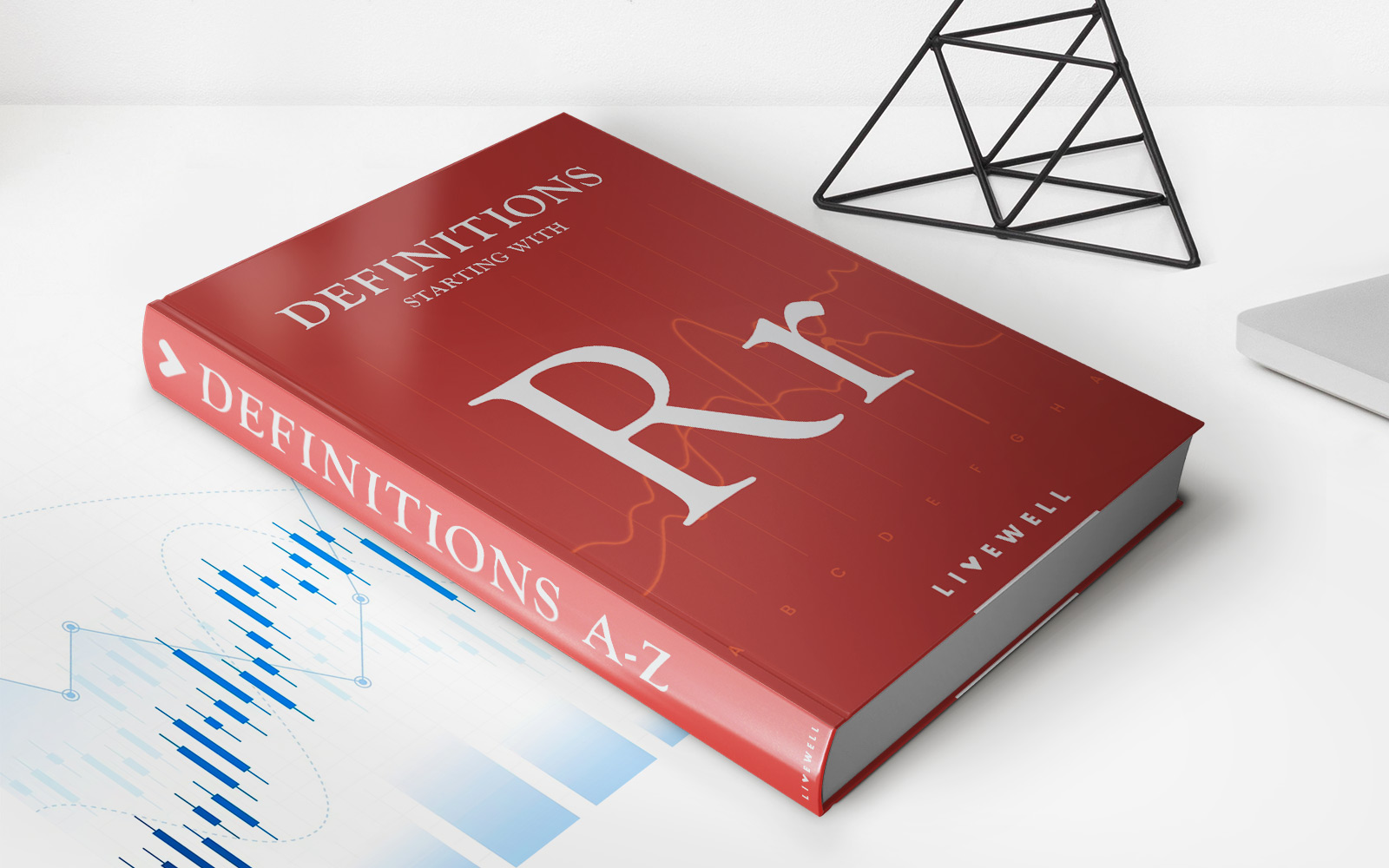Home>Finance>Mandatory Binding Arbitration Definition, Examples, And FAQ


Finance
Mandatory Binding Arbitration Definition, Examples, And FAQ
Published: December 22, 2023
Learn about mandatory binding arbitration in finance, its definition, examples, and frequently asked questions. Explore the pros and cons of this dispute resolution method.
(Many of the links in this article redirect to a specific reviewed product. Your purchase of these products through affiliate links helps to generate commission for LiveWell, at no extra cost. Learn more)
Understanding Mandatory Binding Arbitration
Welcome to our finance blog! In today’s post, we will delve into the concept of Mandatory Binding Arbitration. If you’re wondering what Mandatory Binding Arbitration is, how it works, and why it’s important in the finance industry, you’ve come to the right place. In this article, we will provide you with a comprehensive definition of Mandatory Binding Arbitration, present examples to help you understand it better, and answer some frequently asked questions. So, let’s dive in!
Key Takeaways:
- Mandatory Binding Arbitration is a dispute resolution process that requires parties to resolve their conflicts through arbitration, rather than taking the matter to court.
- It is often used in the finance industry to resolve disputes between consumers and financial institutions.
What is Mandatory Binding Arbitration?
In simple terms, Mandatory Binding Arbitration is a contractual agreement between two parties that stipulates any dispute arising from their relationship will be resolved through arbitration rather than by going to court. It means that if a conflict arises, both parties must engage in the arbitration process and abide by the final decision reached by the arbitrator. This process can be mandatory in certain contexts, such as when included in consumer contracts by companies.
Arbitration is a form of alternative dispute resolution (ADR) where an impartial third-party, known as an arbitrator, hears both sides of the dispute and makes a binding decision. Unlike court proceedings, arbitration is generally less formal, more efficient, and confidential.
Examples of Mandatory Binding Arbitration
Mandatory Binding Arbitration agreements are commonly utilized in the finance industry, especially by credit card companies, banks, and brokerage firms. Here are a few examples of situations where Mandatory Binding Arbitration may apply:
- Consumer Agreements: When you apply for a credit card or open a bank account, you may be required to sign an agreement that includes a clause mandating binding arbitration for any disputes that may arise between you and the financial institution.
- Investment Accounts: Some brokerage firms may include Mandatory Binding Arbitration clauses in their contracts with investors, requiring arbitration for any disagreements regarding investment practices or losses.
- Employee Contracts: In some cases, employers may include mandatory arbitration clauses in employment contracts, making arbitration the only avenue for resolving workplace-related disputes.
Frequently Asked Questions about Mandatory Binding Arbitration
Here are some common questions that arise when discussing Mandatory Binding Arbitration:
Q: Is Mandatory Binding Arbitration enforceable by law?
A: Yes, in many jurisdictions, including the United States, courts generally uphold the enforceability of contracts containing Mandatory Binding Arbitration clauses as long as certain legal requirements are met.
Q: Is arbitration better than going to court?
A: Whether arbitration is better than going to court depends on the specific circumstances of each case. While arbitration can be quicker, more private, and less adversarial than litigation, it may limit certain legal rights and the potential for appeals.
Q: What if I want to opt-out of Mandatory Binding Arbitration?
A: Some contracts may offer an opt-out provision that allows individuals to choose not to be bound by the Mandatory Binding Arbitration clause. However, it’s essential to carefully review the terms and conditions of the contract before signing.
Q: Can I still hire an attorney for arbitration?
A: Absolutely! In fact, it is often recommended that individuals involved in arbitration seek legal representation to ensure their rights are protected and provide guidance throughout the process.
We hope this article has provided you with a clear understanding of Mandatory Binding Arbitration, its examples, and answered some of your burning questions. Remember, in the realm of finance, being knowledgeable about your rights and obligations is crucial. Stay tuned for more informative articles in our Finance category!

